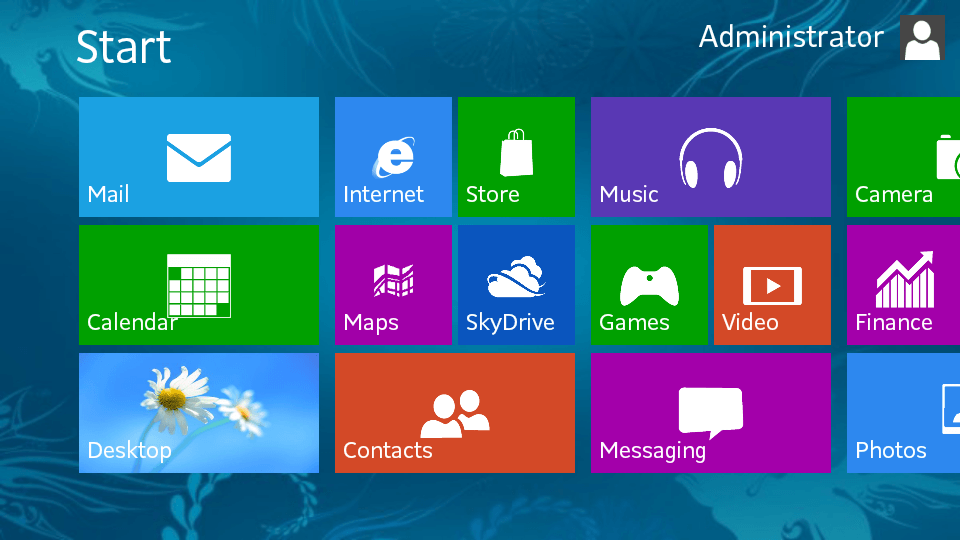Privacy and security take center stage, be it running a small blog, an e-commerce hosting website, or a multi-business enterprise. In the contemporary world, data breaches are considered crimes, and therefore, user safety comes first and should always be considered a top priority.
With regards to website safety, an SSL certificate is one of the most essential tools during hosting for businesses. This insightful blog defines what an SSL certificate is, its importance, and how you can get one.
Everything You Need to Know About SSL Certificates
An SSL, or Secure Sockets Layer Certificate, is a safety protocol that protects over-the-internet connections by creating an encrypted link between a web server and a browser.
Websites that have an SSL certificate use HTTPS (Hypertext Transfer Protocol Secure), where the information passing between the user’s browser and the server is encrypted, preventing spying and tampering.
Understanding the Importance of an SSL Certificate
● Advanced Security and Data Security
Keeping private details like passwords, credit card numbers, and even personal information safe is the most crucial feature of an SSL certificate. The SSL encryption wards off potential information theft and thus, users are safeguarded against cybercriminals wishing to snap up their data.
Receiving sensitive information over the internet comes with data breach threats; using an SSL certificate is a step towards proving you care about user data.
● Creating Trust and Reputation
Users feel more comfortable using the websites that are guarded by SSL. They even provide personal details because of the prompt visual indicators like the padlock icon or “https://” in the address bar, which signals that the website is protected. This boosts self-assurance, trust, and purchases, making it easier for customers to engage with your website.
Websites that fail to implement an SSL certificate have a greater chance of being flagged as “not secure” websites by browsers. This results in users being put off and the credibility of your business going down the drain.
● Better Ranking on Search Engines
Secure websites are given priority by search engines like Google and help boost the website’s ranking, which dramatically enhances your website’s organic traffic and visibility.
Having an SSL identity installed further increases ratings because it comes with additional points. It tremendously changes and enhances your position on the search engine result pages.
● Verification of Compliance with a Company Policy
E-commerce and finance businesses need robust data security practices and are highly regulated within industry standards. Therefore, having SSL certificates is a must. These industries have automatically obtained an SSL certificate as the industry minimum compliance standard.
An SSL certification is needed for e-commerce websites to comply with the Payment Card Industry Data Security Standard (PCI DSS).
● Reducing Phishing Threats
With the presence of SSL certificates, the probability of phishing attacks on users is reduced since these certificates verify the identity of the website. Users can put their minds at ease knowing that the website for which they are tendering their personal information is legitimate.
Applying for an SSL Certificate
● Pick the Most Applicable Category of an SSL Certificate:
An SSL certificate can be categorized based on the level of security and validation provided.
- Domain Validation or the DV certificate, is the simplest form of SSL certificate that only confirms a registered domain name. It is affordable and is issued within a short period of time, making it ideal for small websites and blogs.
- Organization Validation SSL certificates verify and validate certain information of the organization’s identity, providing a greater degree of trust than DV. It is appropriate for companies and other organizations.
- Extended Validation permits an organization’s name to be shown in the address bar upon validation and provides the maximum level of validation. This kind is most sought after by e-commerce and banks.
● Buy an SSL Certificate from a Reputable Provider
There are different providers, including certificate authorities (CAs), web hosting firms, and others (Let’s Encrypt, DigiCert, and Sectigo), through which you can buy SSL certificates.
Numerous web hosts, such as MilesWeb, offer SSL certificates for free using Let’s Encrypt, which is an automated, free and open certificate authority.
● Create Certificate Signing Request (CSR)
CSR or certificate signing request, is a file your server must create that contains information about your organization and domain name. Most web hosting control panels, such as cPanel and Plesk, have CSR generation tools.
● Send the CSR to the Certificate Authority:
Once you have your CSR fully completed, forward it to the communicated authority (CA) that you choose. Your CA will verify your details against it and issue your SSL certificate.
● Installing the SSL Certificate
After obtaining the SSL certificate, you may upload it to the web server with assistance from your host provider, and the instructions from the Certificate Authority (CA) can be followed as well.
● Set up HTTPS
Once the SSL certificate has been installed, it is now time to update your website to HTTPS. This is not possible until you make changes to your website’s settings and implement an HTTP to HTTPS redirect.
Conclusion
SSL certificates are beneficial in website protection, reliability, and a trustworthy SEO strategy. Nowadays, having an SSL certificate accompanying a blog, business website, or eCommerce store increases assurance regarding data security and enhances the credibility of the website.
Without extra burden, businesses can easily secure their websites since MilesWeb offers free SSL certificates with the hosting plans. Using the opportunity to buy an SSL certificate will increase the security, trust, and ranking of the website.


